Oxidative Stress and Digestive Diseases
Over the past several years, there has been an extraordinarily rapid growth in our knowledge of oxidative stress and its possible involvement in both normal essential biology and digestive diseases. Oxidative stress is defined as a disturbance in the prooxidant-antioxidant balance in favor of the former, and has been suggested as a causative factor in inflammation, ischemia and carcinogenesis in the digestive organs. In the 1980s, biochemists and biologists were attracted by the role of reactive oxygen species in the irreversible damage or modification of the structure of biological molecules. However, in the 1990s, reactive oxygen species have been recognized to be involved in reversible structural alterations of molecules: The homeostatic modulation of oxidant levels is a highly efficient mechanism that allows all cells to tightly control their redox status within a very narrow range. Especially the activity of the Rel/NF-kB family of transcriptional factors that regulate responses in inflammation, reperfusion injury and apoptosis is controlled by intracellular reactive oxygen species levels. Our understanding of how these transcriptional factors are negatively or positively regulated by oxidative stress has since greatly increased. Questions for future investigation center on the modulation of oxidative stress by personal genome information for the prevention of several pathologic states.
{{comment.content}}

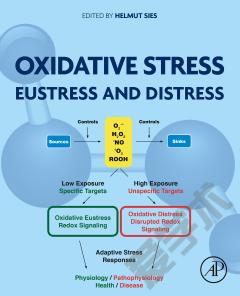

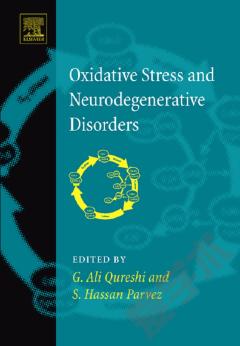
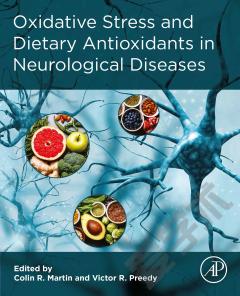
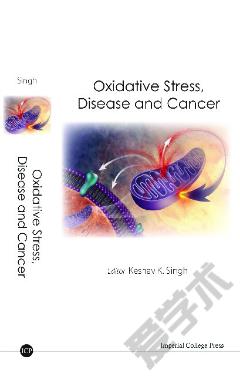
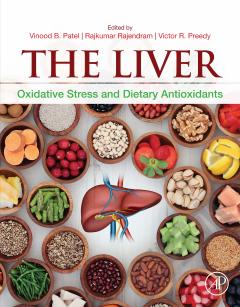

 京公网安备 11010802027623号
京公网安备 11010802027623号